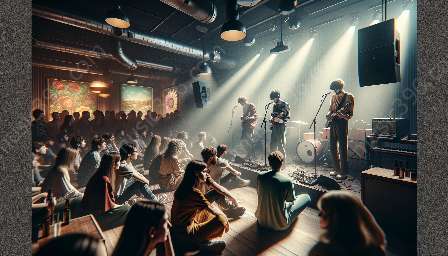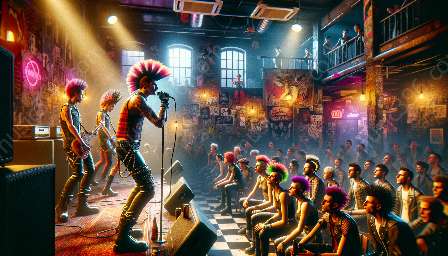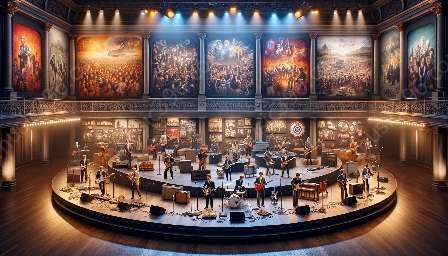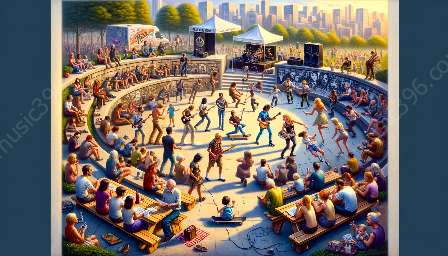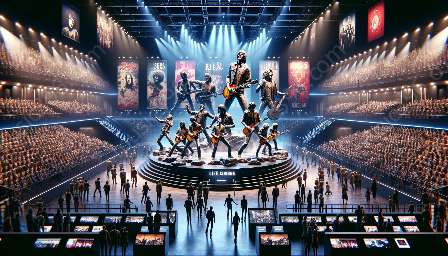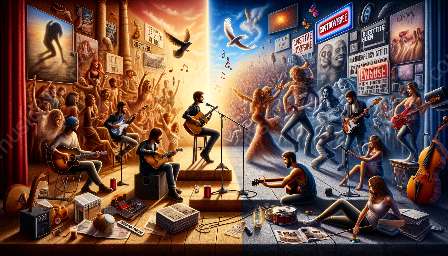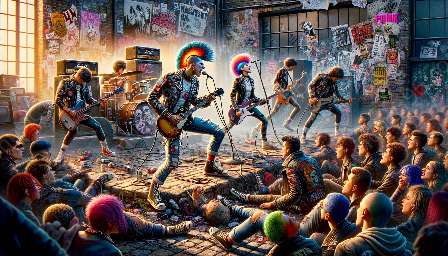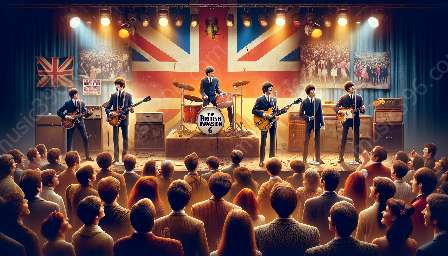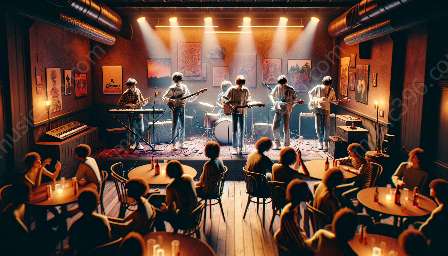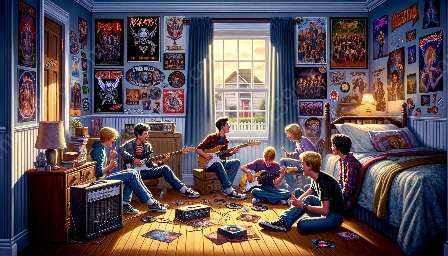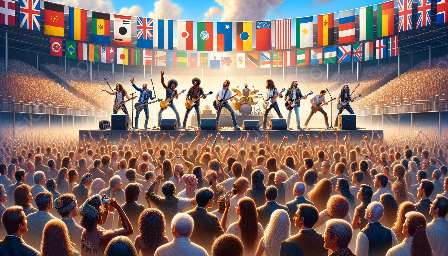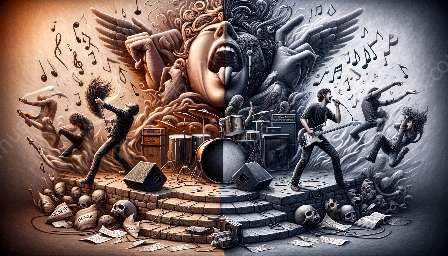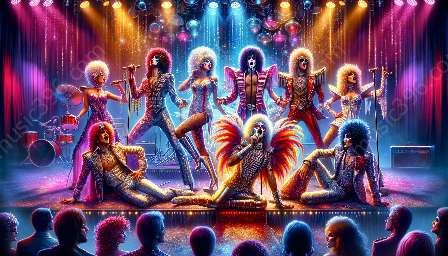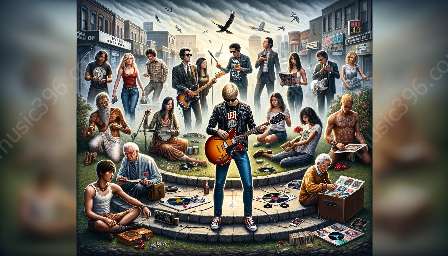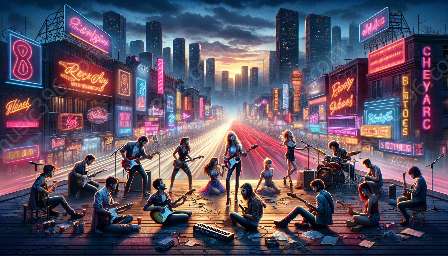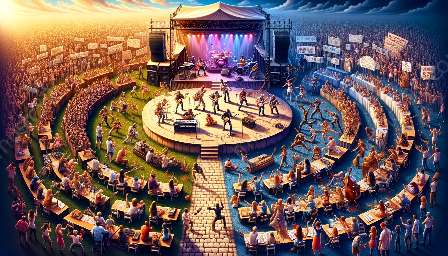Rock music has played a significant role in shaping music education and pedagogy, influencing teaching methods and inspiring students in this dynamic discipline. From its emergence in the 1950s to its continued impact today, rock music has brought about a revolution in music education that continues to influence the way students learn and engage with music.
The Origins of Rock Music and Its Evolution
Rock music originated in the United States in the mid-20th century, drawing from a variety of musical genres such as blues, jazz, and country music. Its rebellious and energetic nature quickly captivated audiences, leading to the development of a distinct subculture centered around the music. As rock music gained popularity, it began to influence not only popular culture but also various aspects of society, including education.
Impact on Music Curriculum and Pedagogy
The emergence of rock music led to a shift in the traditional music education curriculum. Prior to the rise of rock, music education primarily focused on classical music, with little attention given to contemporary styles and genres. The introduction of rock music into music education broadened the scope of the curriculum, allowing students to explore and appreciate the diversity of musical styles.
Rock music also transformed pedagogical approaches to music instruction. Its emphasis on improvisation, creativity, and self-expression challenged traditional teaching methods and encouraged educators to incorporate more interactive and student-driven approaches into their lessons. As a result, music pedagogy became more responsive to the preferences and interests of students, fostering a more engaging and inclusive learning environment.
Integration of Technology and Popular Culture
Furthermore, rock music's influence extended beyond the music itself, integrating technology and popular culture into music education. The advent of electric guitars, amplifiers, and other modern musical instruments associated with rock music prompted educators to incorporate new technologies into the classroom, expanding the range of musical experiences available to students. Additionally, rock music's connection to popular culture made it more relatable to students, bridging the gap between formal music education and their daily lives.
Empowerment and Social Change
Rock music has also inspired a sense of empowerment and social change within music education. Its messages of rebellion, freedom, and individualism have encouraged students to express themselves through music, fostering a newfound sense of creativity and agency. This shift towards self-expression and inclusivity has contributed to the diversification of music education, enabling students from various cultural backgrounds to find their voice and contribute to the rich tapestry of musical expression.
The Evolution of Music Pedagogy in the Digital Age
As technology continues to advance, the impact of rock music on music education and pedagogy has further evolved in the digital age. Online platforms, digital recording technologies, and music production software have opened up new avenues for students to explore and create music, blurring the lines between amateur and professional musicians. This digital revolution has transformed music pedagogy, allowing educators to incorporate contemporary practices and tools into their teaching, preparing students for careers in the ever-changing landscape of the music industry.
Conclusion
In conclusion, rock music has had a profound impact on the development of music education and pedagogy. Its influence has expanded the scope of music curriculum, transformed pedagogical approaches, integrated technology and popular culture, empowered students, and adapted to the digital age. As a result, music education has become more vibrant, inclusive, and responsive to the evolving needs and interests of students, shaping a new generation of musicians and music enthusiasts.




